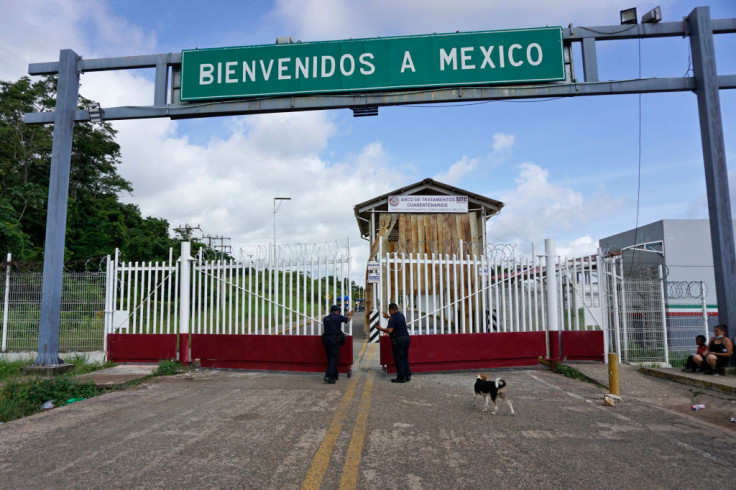
Political asylum cases in Mexico are taking up to two years to resolve, a new Border Report piece revealed, citing Darinka Carballo, director of the Gaia Migrant Foundation in Baja California.
Carballo argued that current immigration practices "criminalize migrants," contributing to prolonged wait times and institutional barriers. "Their motives aren't considered to be true," Carballo told Border Report. "The process is delayed due to the institutional biases in place."
Carballo called on Mexico's National Human Rights Commission, public defender groups, and the National Institute of Migration to accelerate case processing. "We're not asking for charity, we're not asking for favors, we're simply asking that we follow closely with federal statutes and our own constitution," she told Border Report.
In her opinion, Mexico continues to be perceived primarily as a transit country for migrants headed to the United States, though growing numbers seek to remain and work in Mexico. She cited Haitians, Cubans, Guatemalans, Hondurans, Salvadorans, Nicaraguans, and Venezuelans as the most common asylum-seeking populations.
Carballo added that many applicants arrive without documentation, complicating verification of their status and rights. "When families and foreigners arrive in Mexico, many don't have their documents, this makes them more vulnerable to red tape and delays," she said. She also pointed to U.S. policies that require Mexico to accept deported migrants, adding strain on the country's system and complicating efforts to distinguish who is seeking asylum locally.
The United Nations Refugee Agency (UNHCR) reported 78,906 asylum applications in Mexico last year. Of 31,922 initial decisions, 78 percent were approved. Although figures for 2025 have not been released, UNHCR representative Giovanni Lepri estimated in June that Mexico receives roughly 250 new asylum and refugee requests daily — about 100 in Chiapas, another 100 in Naucalpan, and 50 elsewhere.
Lepri said at the time that the caseload remains high despite declining financial support, leaving the Mexican Commission for Refugee Assistance (COMAR) under-resourced. He also noted that COMAR handled just a few thousand cases annually in 2016–2017 but now processes close to 100,000 per year and that the agency needs to "strengthen" capacity, especially as UNHCR has begun reducing personnel and external support by about 20%.
© 2025 Latin Times. All rights reserved. Do not reproduce without permission.






